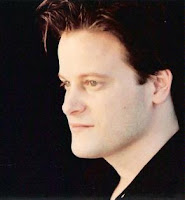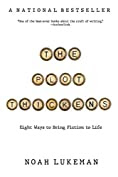The Organic Unity of a Work of Literature Cannot be Taught
by
Janet Burroway
The organic unity of a work of literature cannot be taught–or, if it can, I have not discovered a way to teach it. I can suggest from time to time that concrete image is not separate from character, which is revealed in dialogue and point of view, which may be illuminated by simile, which may reveal theme, which is contained in plot as water is contained in an apple. But I cannot tell you how to achieve this…5
Excrept from Writing Fiction
About the Author
Janet Burroway is an American author. Burroway's published oeuvre includes eight novels, memoirs, short stories, poems, translations, plays, two children's books, and two how-to books about the craft of writing. Her novel The Buzzards was nominated for the 1970 Pulitzer Prize. Wikipedia
Born: September 21, 1936, Tucson, AZ
Education: University of Arizona; Columbia University (BA); University of Cambridge (BA); Yale
University (MFA)
Buy Janet Burroway Books at Amazon



.jpg)






